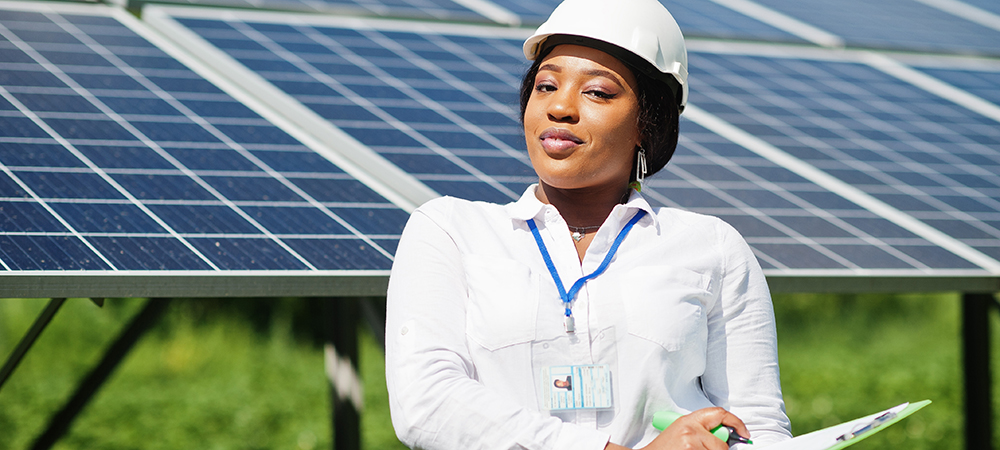The Board of Directors of the African Development Bank, approved a grant of $29 million for Ghana to construct renewable energy infrastructure that will increase its renewable energy use by 10% through 2030. The financing, which will come from the Climate Investment Funds, Scaling Up Renewable Energy Program in Low Income Countries, will support construction of mini-grids, stand-alone solar photovoltaic systems, and solar-based battery facilities for storing excess power, a practise known as net metering.
With the latest Board approval of $29 million, the project’s total cost of $85 million is in the coffers. The African Development Fund, the Bank’s concessionary window, has provided $27 million while Switzerland’s State Secretariat for Economic Affairs and the government of Ghana have contributed $13.3 and $16.0 million respectively.
The project consists of the design, engineering, supply, construction, installation, testing and commissioning of renewable energy systems on the island communities in the Volta Lake region.
It is expected to contribute to closing gender gaps at the outcome level by creating 2,865 equitable jobs and livelihood opportunities out of which 30% will be for women and youth.
Under its New Deal on Energy for Africa, the African Development Bank seeks to promote the reduction of greenhouse gas emissions on the continent as well as light up and power Africa as part of its High 5 priority objectives for enhancing the continent’s socioeconomic development.
The African Development Bank Group, AfDB is Africa’s premier development finance institution. It comprises three distinct entities: the African Development Bank, AfDB, the African Development Fund, ADF and the Nigeria Trust Fund, NTF. On the ground in 44 African countries with an external office in Japan, the AfDB contributes to the economic development and the social progress of its 54 regional member states.


